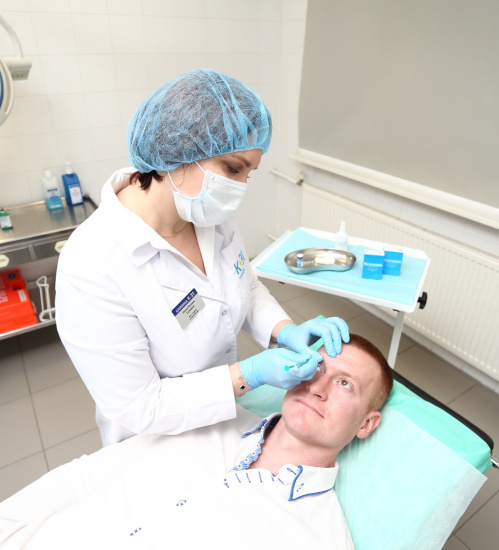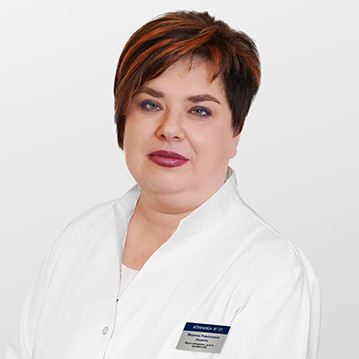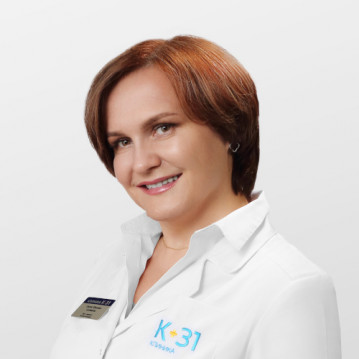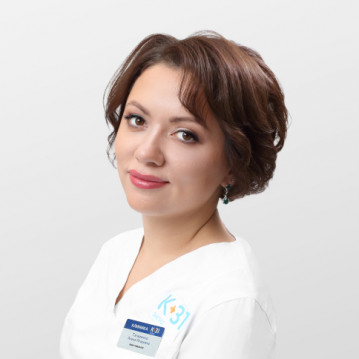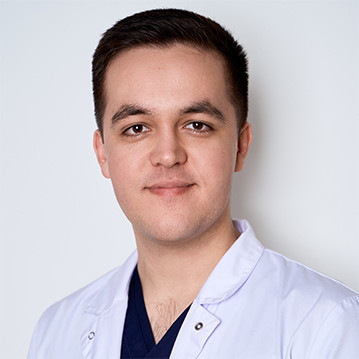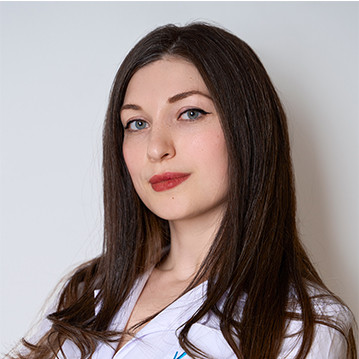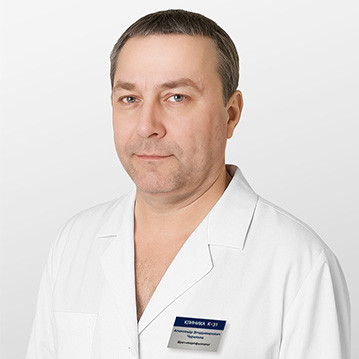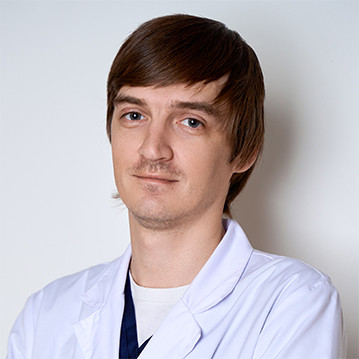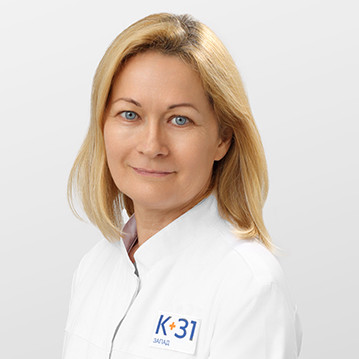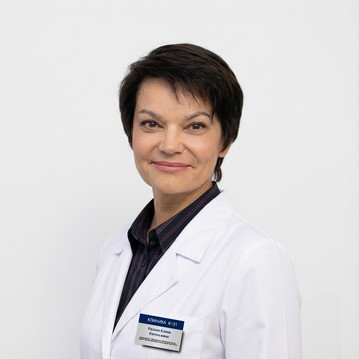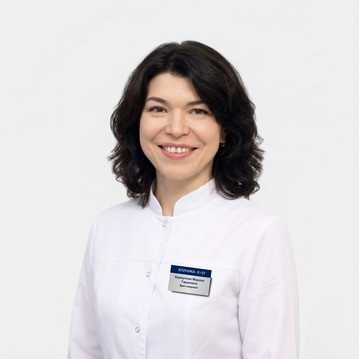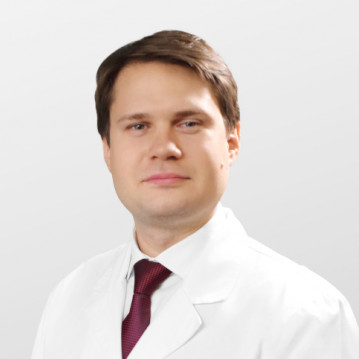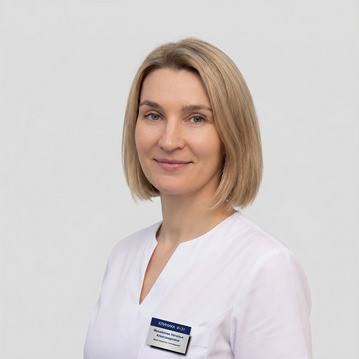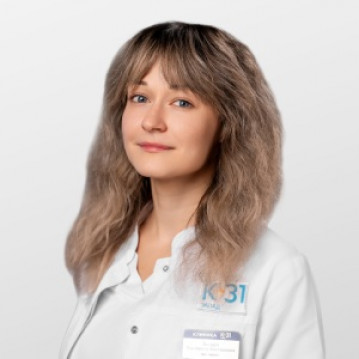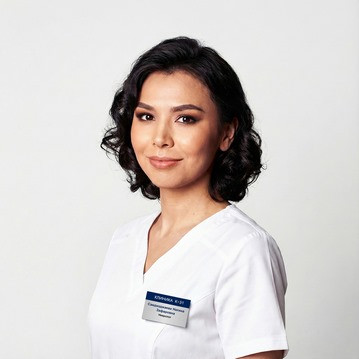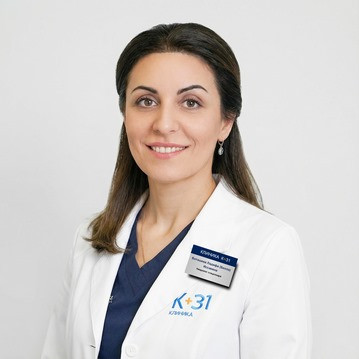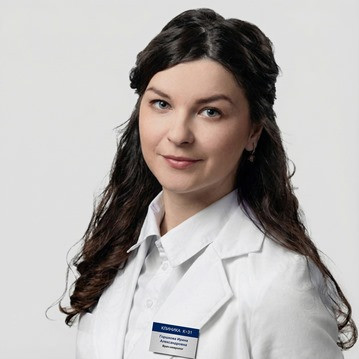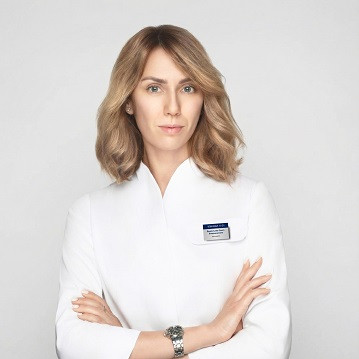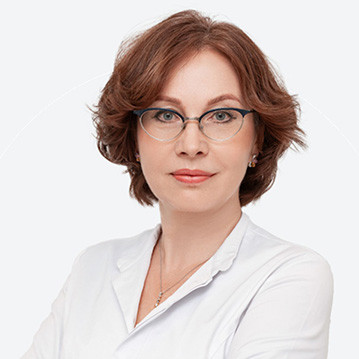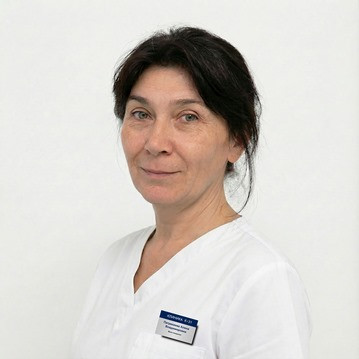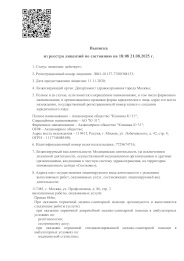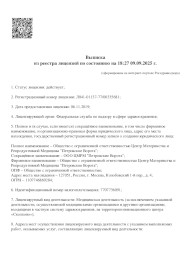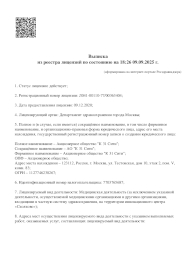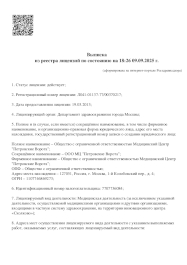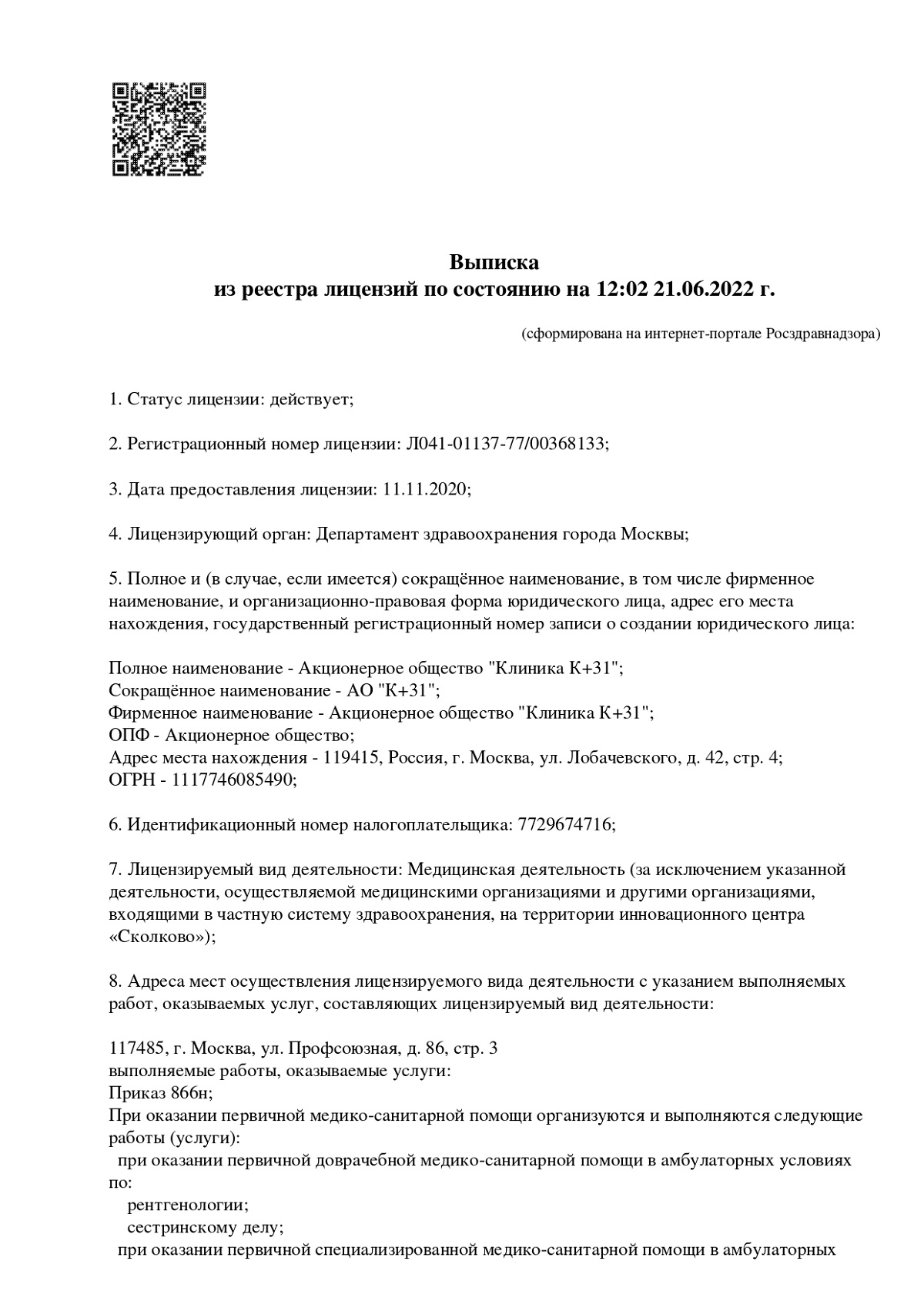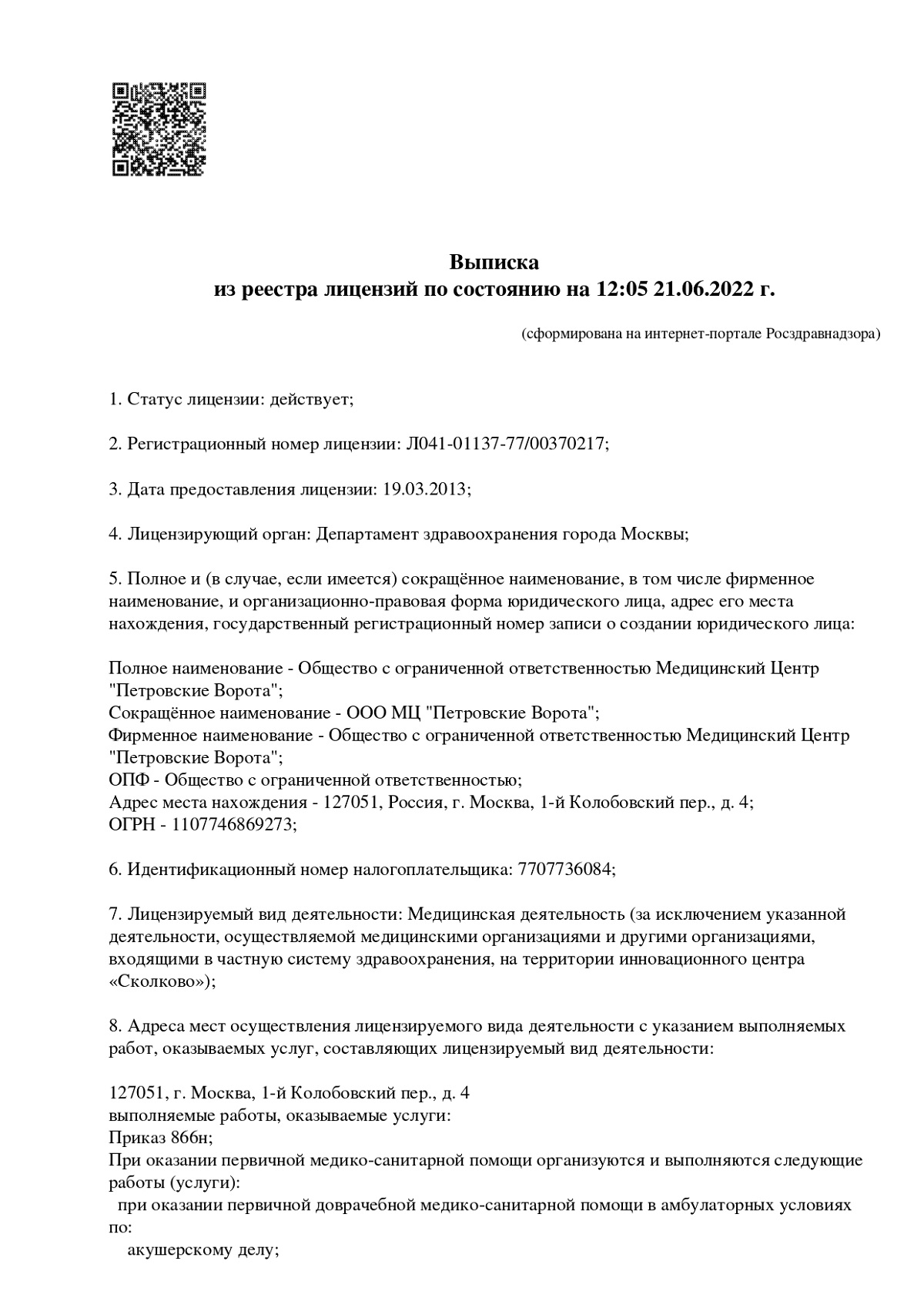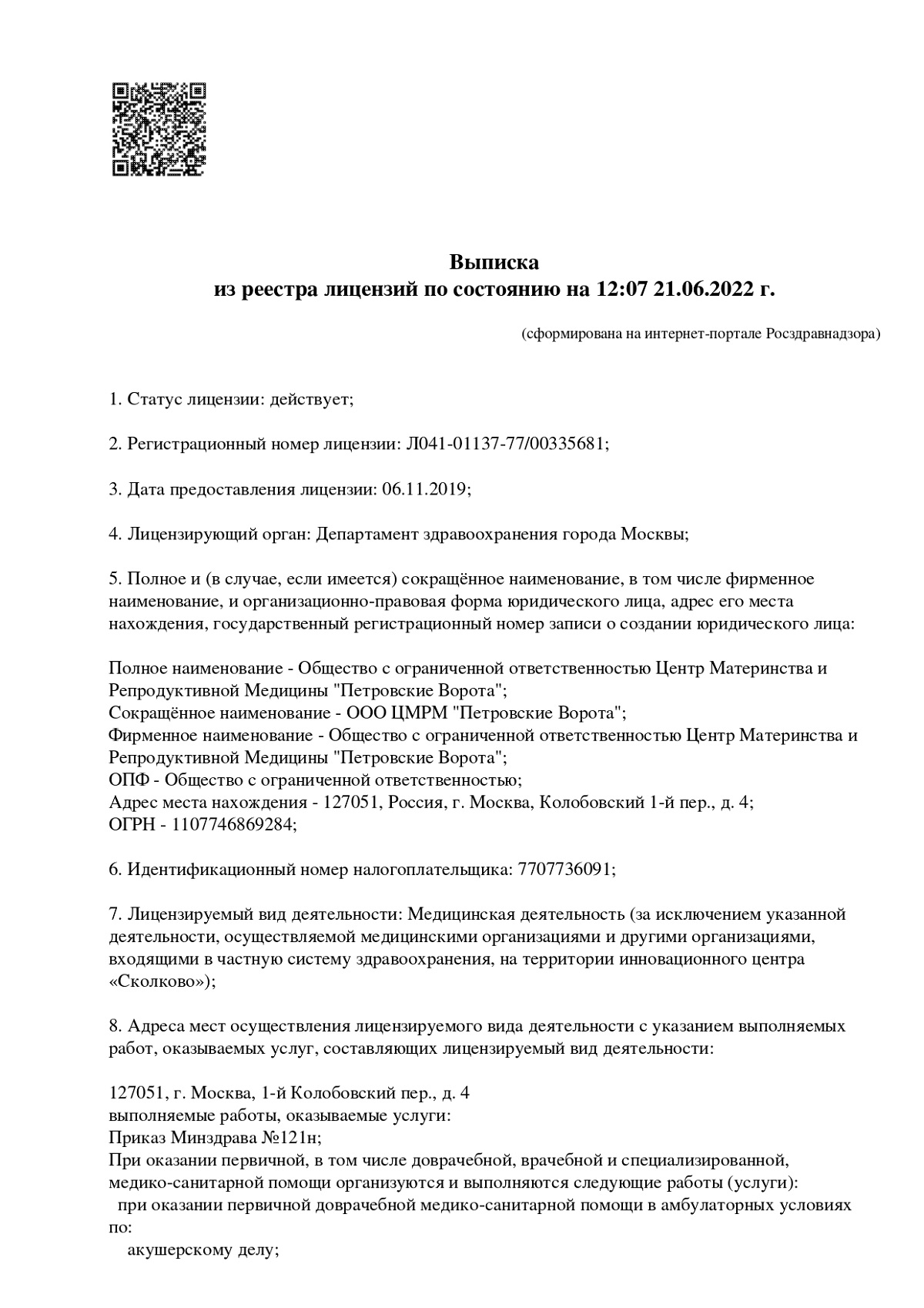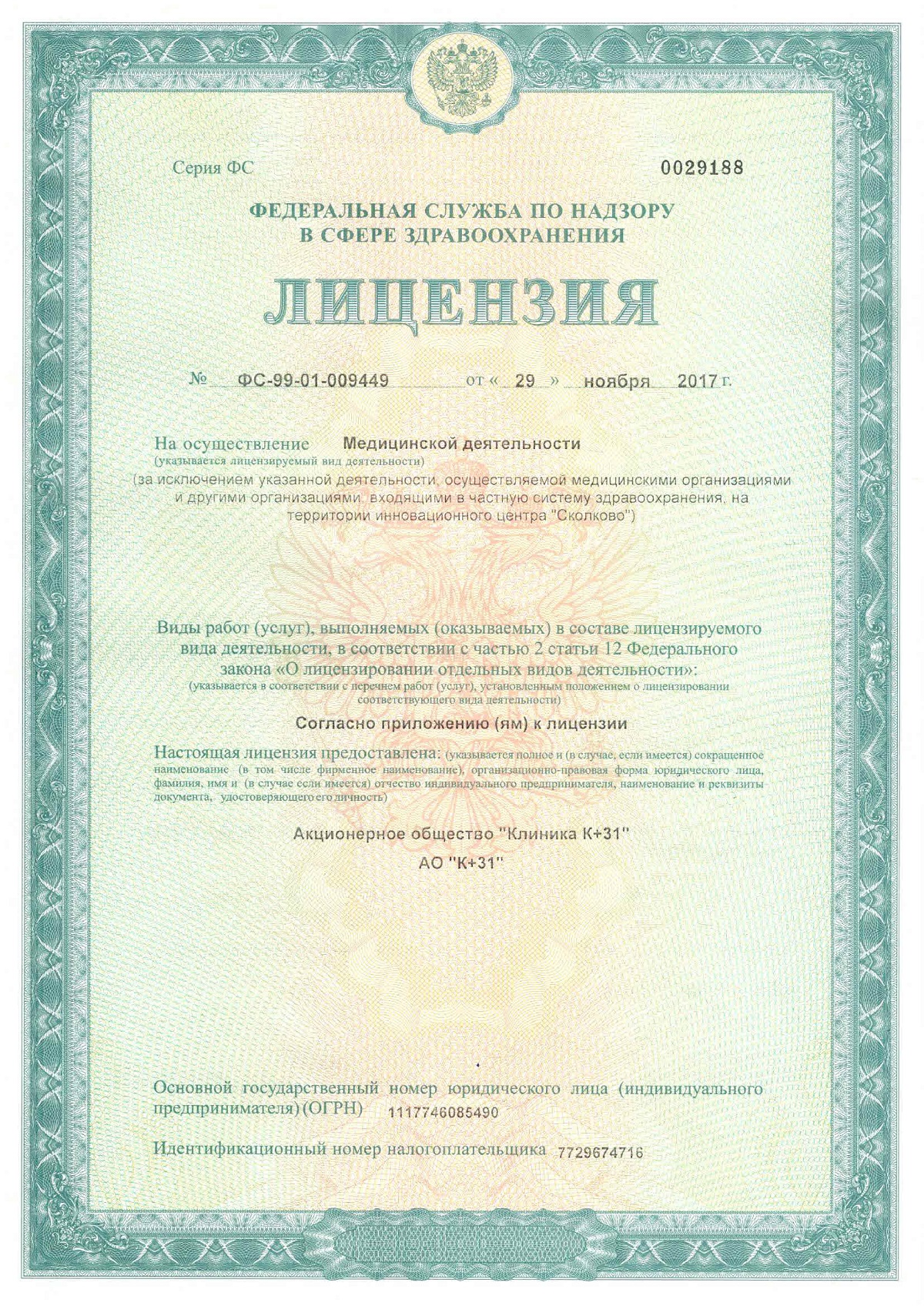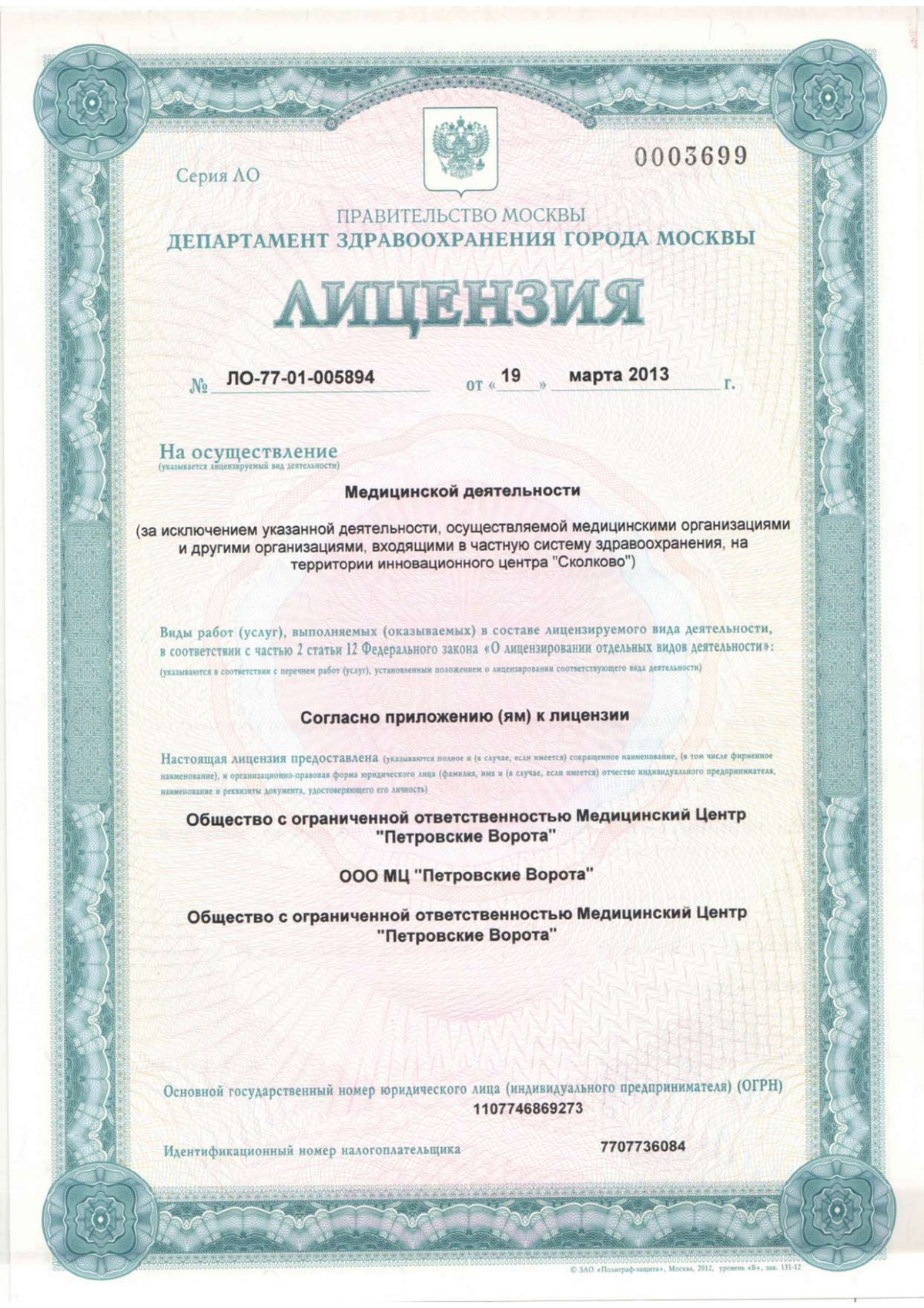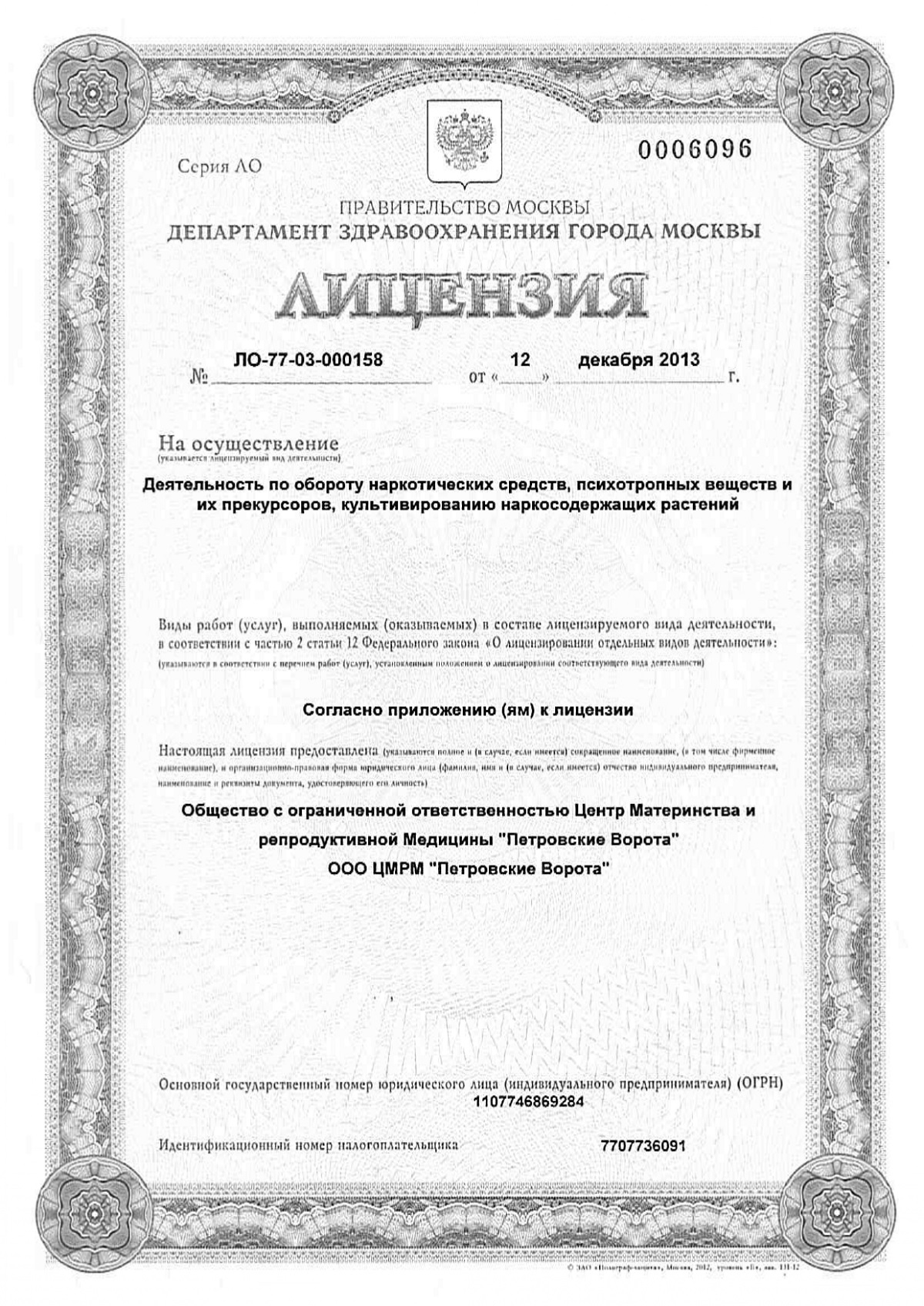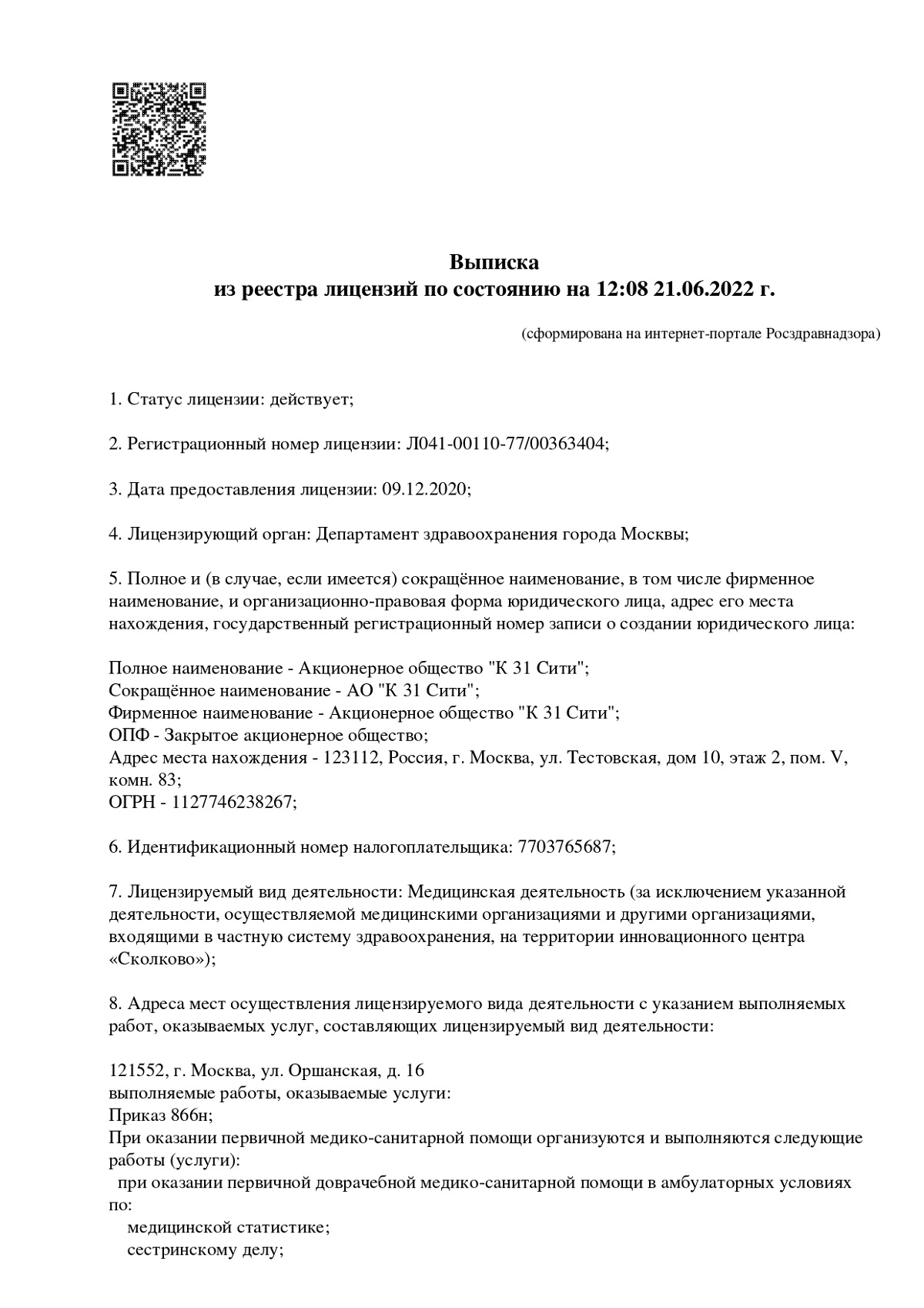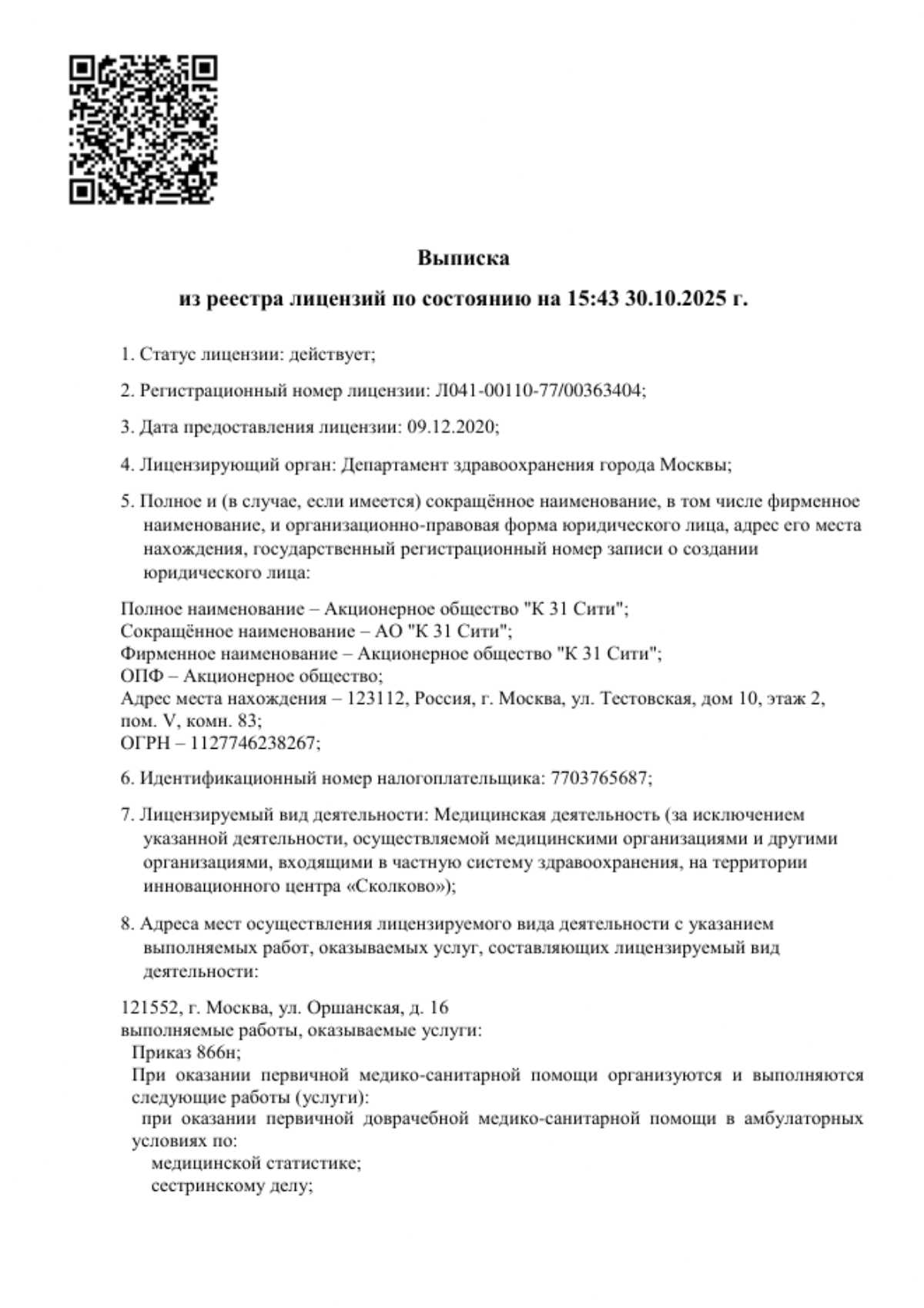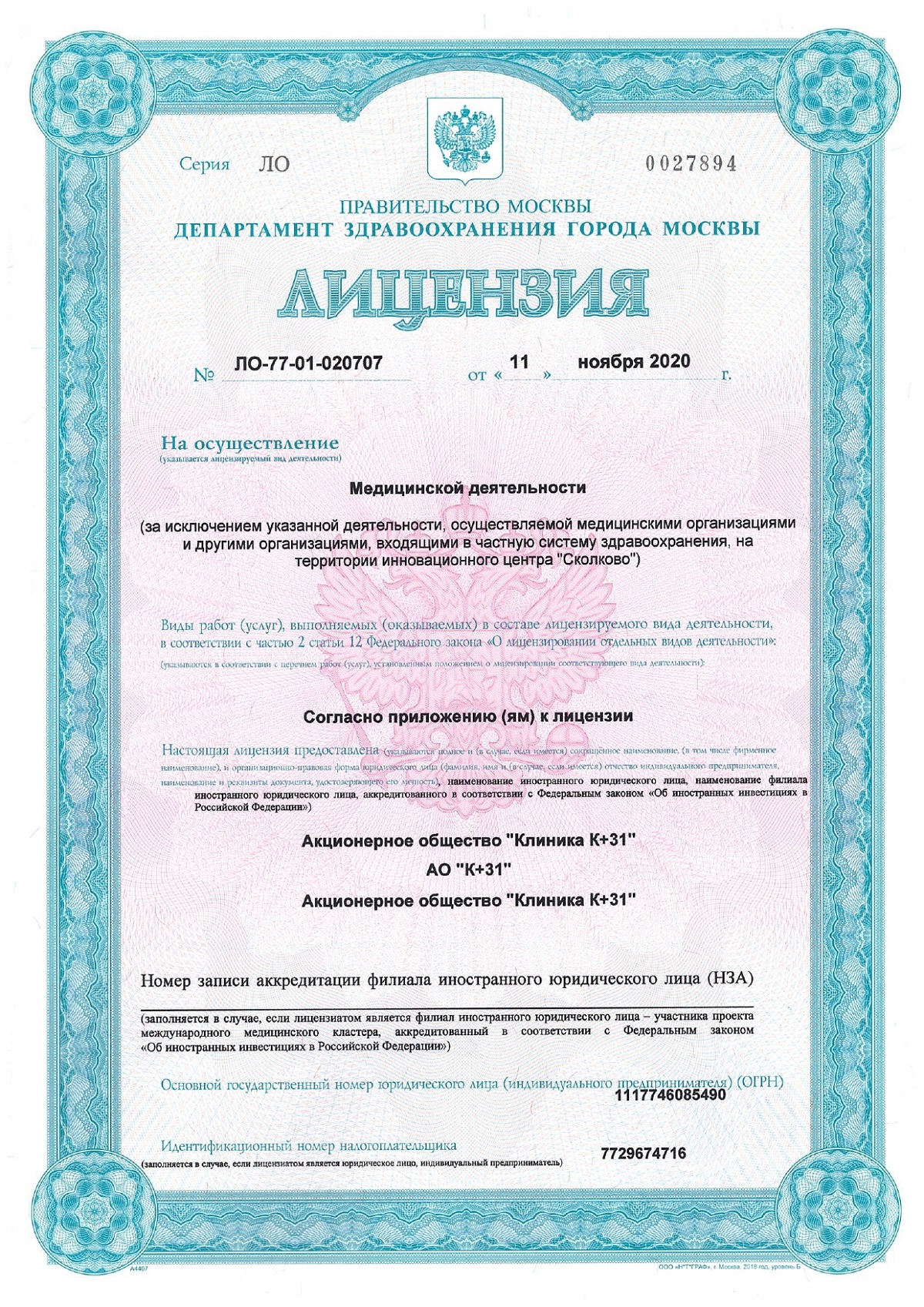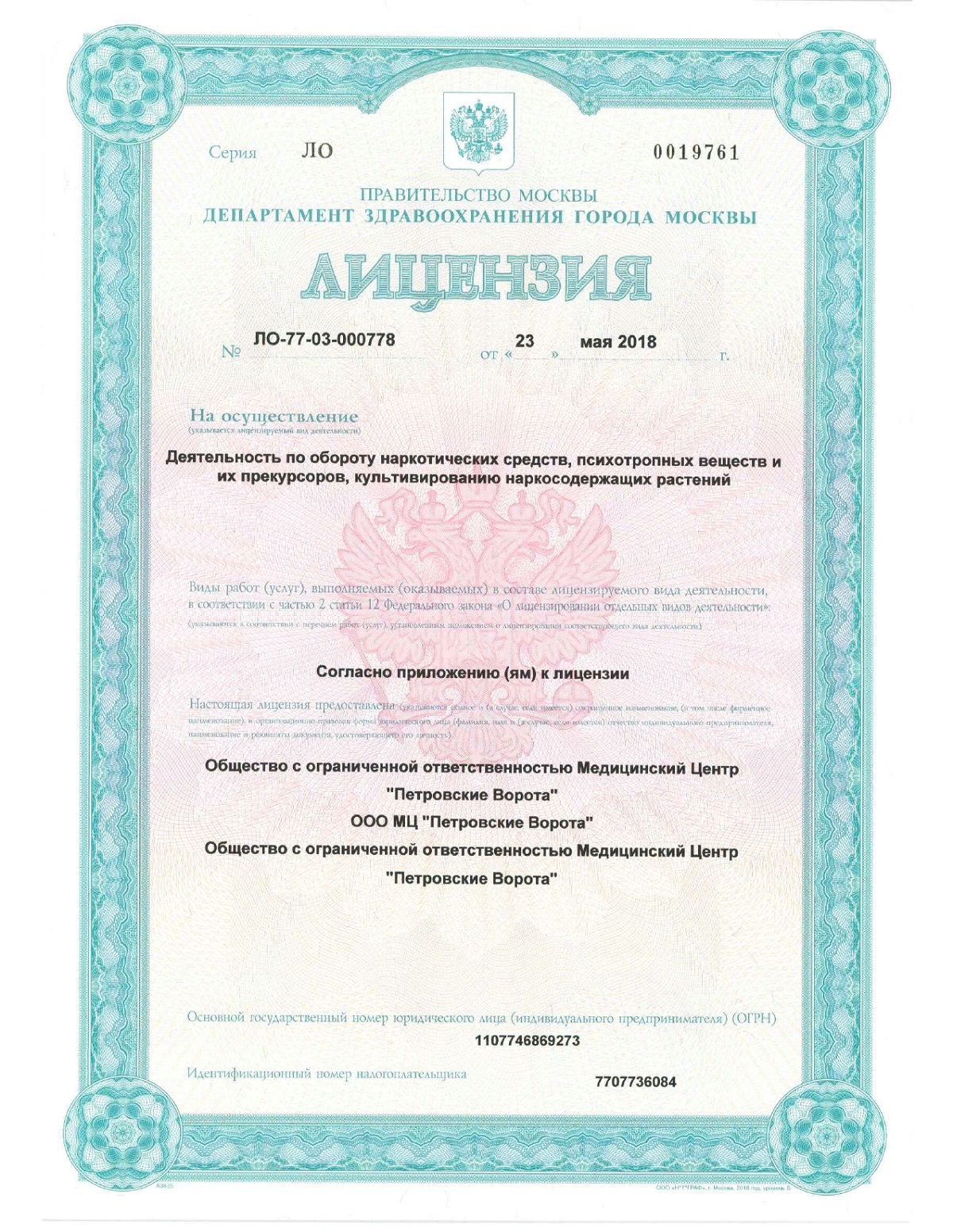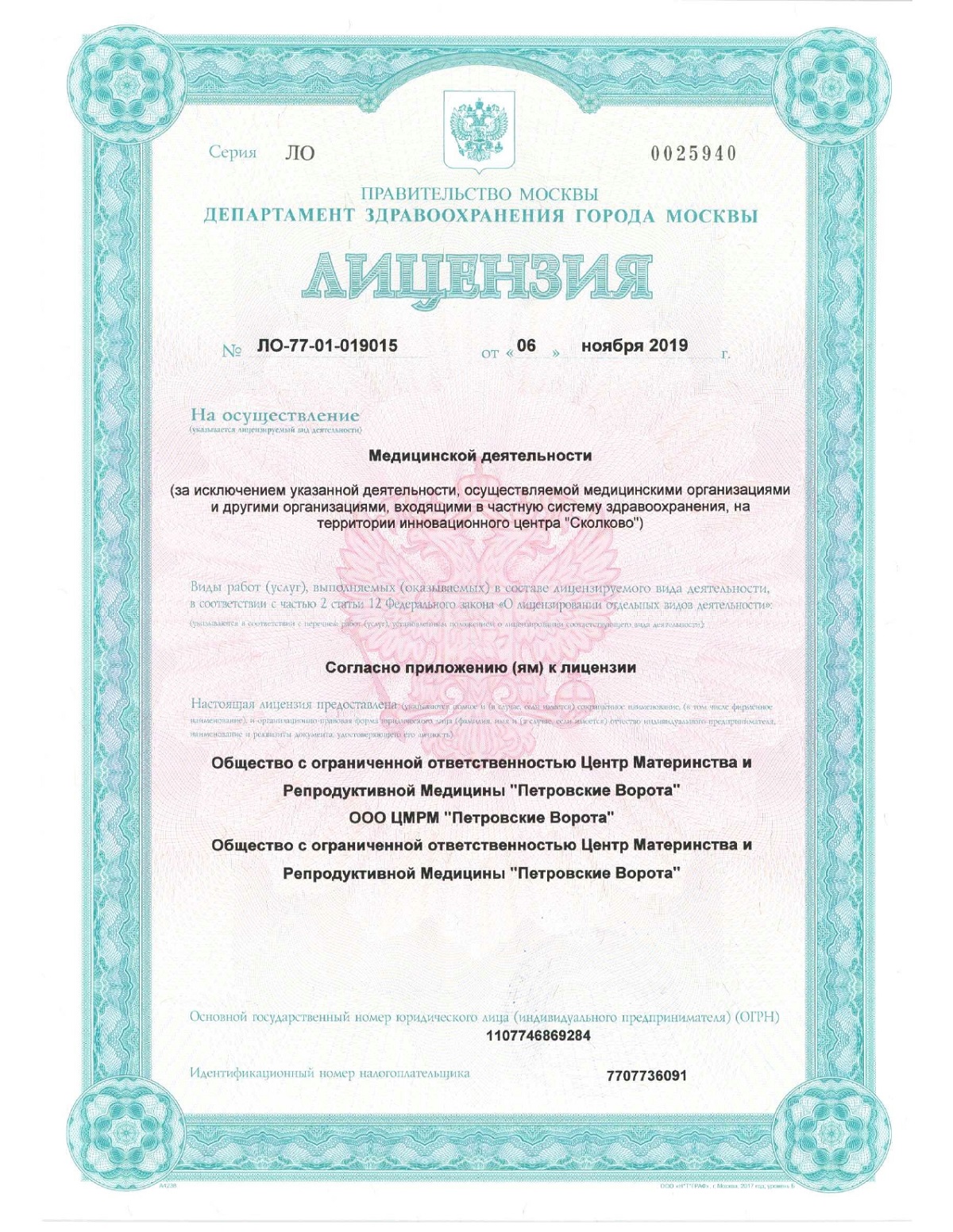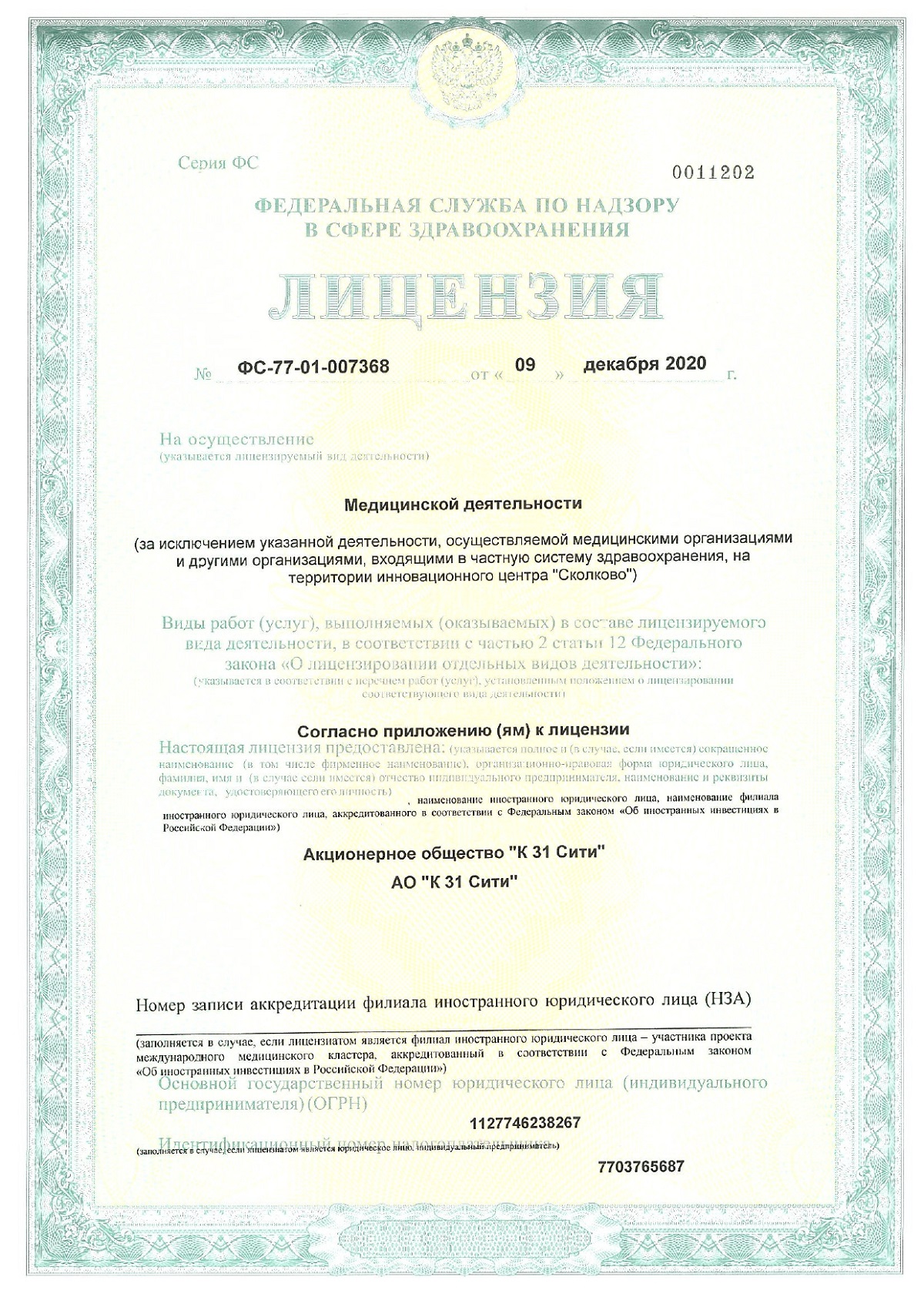Botulinum therapy in neurology
Botulinum therapy in neurology is a method of treating various neurological disorders using botulinum toxin (Botox).

specialists

equipment

treatment
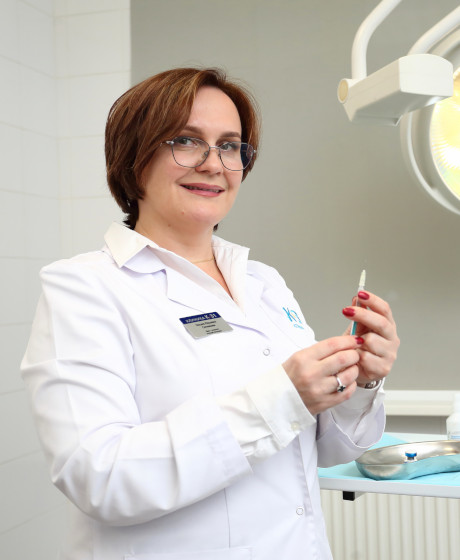
About the service
Botulinum toxin is a neuroparalytic poison consisting of highly toxic protein substances. The substance is toxic, but in minimal doses it has a therapeutic effect, as it blocks the transmission of nerve impulses and suppresses the production of neurotransmitters. This mechanism of action allows botulinum toxin to be used to treat various neurological disorders and diseases.
Used to treat conditions such as:
- Spasticity is increased muscle tension resulting from disturbances in the central nervous system.
- Various forms of dystonia are disorders of muscle tone that lead to involuntary movements or postures.
In addition, the method is used in the treatment of chronic migraines, hyperhidrosis (excessive sweating) and some other conditions.
Benefits for the patient
The main benefits of botulinum toxin treatment include the short duration of the procedure, only about 5 minutes, and effective results such as pain reduction and muscle relaxation. Other advantages:
Clinically proven high effectiveness and safety
Botulinum therapy is assessed as a highly effective and safe treatment method in neurology, which has been confirmed by many clinical studies. The effectiveness of botulinum toxin is manifested in the ability to reduce muscle spasm, reduce pain and improve motor function in patients with various neurological diseases. The safety of BTA is due to its specific action and strict dosage control, which minimizes the risk of side effects.
Lifelong injections if indicated
Botox in neurology, due to its effectiveness and safety, is especially valuable in the treatment of chronic diseases, since it allows patients to maintain a stable condition and control symptoms over a long period of time. An important feature of this method is the possibility of its long-term and sometimes lifelong use. for certain medical indications.
For example, for tension headaches, botulinum therapy relieves pain, significantly improving the quality of life. This condition is often associated with muscle tension in the head and neck. Regular use of botulinum toxin in neurology in these cases, it helps reduce the frequency and intensity of pain attacks, ensuring long-term remission.
Duration of effect from 4 to 6 months
Versatility of the method
Minimal risk of side effects
Botox treatment is characterized by a minimal risk of side effects. When they do occur, they are mild and temporary, making this method the preferred method.
In very rare cases, after administration of botulinum toxin, the following may occur:
- Swelling.
- Headache.
- Allergic reactions.
- Numbness.
And also pain at the injection site.
Sometimes the only treatment
In some clinical situations, botulinum therapy may be the only effective treatment method. This is relevant for patients with severe forms of muscle spasticity, for example:
- For cerebral palsy.
- After strokes.
- For multiple sclerosis.
Also, botulinum therapy may be the only solution for chronic pain syndromes, including migraine or myofascial pain syndromes.
Our doctors

This award is given to clinics with the highest ratings according to user ratings, a large number of requests from this site, and in the absence of critical violations.

This award is given to clinics with the highest ratings according to user ratings. It means that the place is known, loved, and definitely worth visiting.

The ProDoctors portal collected 500 thousand reviews, compiled a rating of doctors based on them and awarded the best. We are proud that our doctors are among those awarded.
Make an appointment at a convenient time on the nearest date
Price

